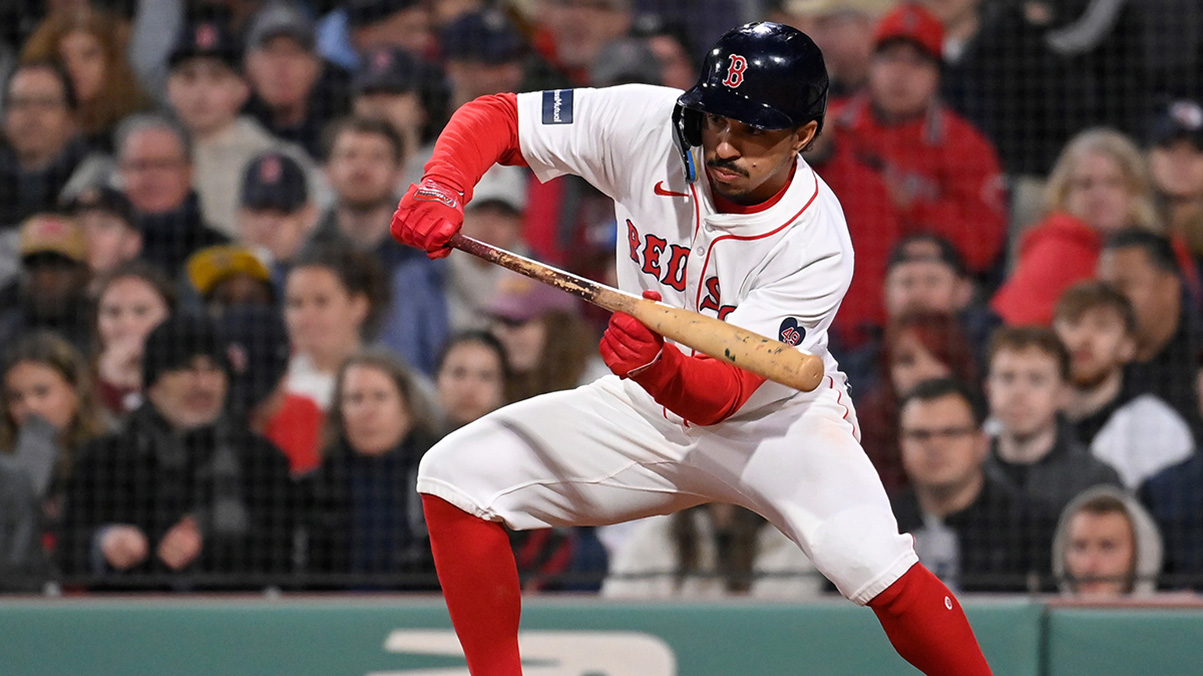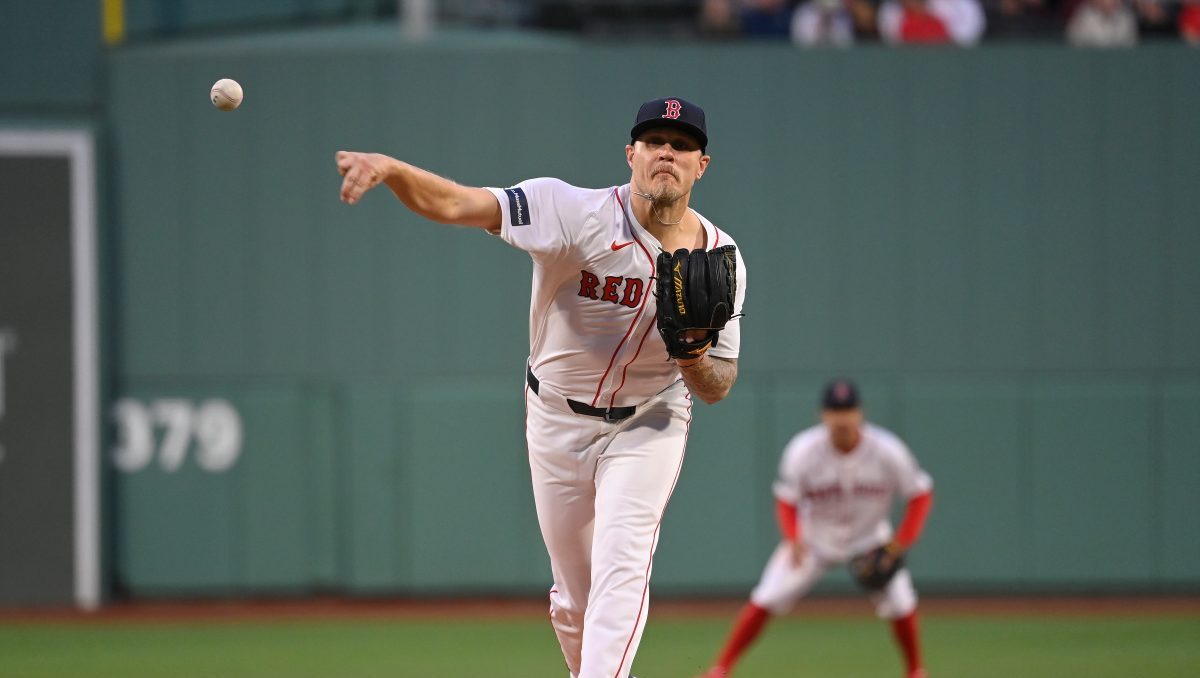BOSTON — The Marlins’ Giancarlo Stanton seems to prefer a trade to a team in California, where he grew up. You can’t blame him for wanting to go home.
In addition, Ken Rosenthal of The Athletic notes Stanton's preferences are something of a moving target. And NBC Sports Boston previously reported Stanton intends to have an open mind throughout the process.
Would he have felt that way 15 years ago, that so much choice existed?
There was a time when Boston was, for most, one of the two premier destinations in baseball. You had the Sox, the Yankees and everyone else — and everybody knew it. Those days are gone, because the majority of baseball, a collection of 30 teams, wanted them gone.
MORE RED SOX:
- DRELLICH: Source says Sox an "extreme long shot" to land Stanton
- Tiant's journey is key to his Hall vote
- Sox lose Fister to Rangers
Money was at the heart of the Sox’ allure and competitiveness then, and always will be. As a player under contract with a full no-trade clause, Stanton knows how much he’s going to be paid, so the choice is simply whom he prefers now pay him.
But the power of money has been lessened overall because the disparity in payrolls has tightened. Parity’s rise, by way of a de facto soft salary cap, has not only impacted the gravitas of the Red Sox-Yankees rivalry, it’s lessened Boston’s pull in general.
The Sox are not one of just one of just two teams that can pay up, that can win. The history of the organization and Ted Williams’ sweat beads are still strewn across center field. The brand name still rings loudly. But you don’t have to go to Boston to be relevant, to be on a perennial contender, to matter and compete.
In part, that's because the idea of a perennial contender has been dismantled by the sport's bosses.
“I don’t think you can look at like that period [circa 2004], I don’t think you can look and say, ‘Oh, teams aren’t as good now,’” one general manager said. “The rules were so favorable to the big market teams back then, it was incredible.”
There’s an inevitability at play here. You can argue for the game’s survival, the rules had to change.
Now, the reward of winning in Boston, or New York another major market may be a bit sweeter than a smaller market. The celebrity status may be greater. But if coming to Boston also means the fishbowl headache, that cost-benefit analysis for players probably should not be what it once was. If dollars are near equal, maybe Boston is no longer the place you just have to be.
Some people will want to be in Boston for the pressure and passion, for the legacy, for the elements that have always been in place. The Red Sox still have an advantage compared to, say, the Brewers.
But the imperative Alex Rodriguez faced in the offseason before 2004, when the Sox and Yanks both chased him, seems to be disappearing: you don’t have to come to the Sox, and you don’t have to go to New York.
You probably do have to go to a big market to get paid the maximum amount of money as a free agent, but if the dollars aren’t too far apart, you can compete elsewhere. You can be on a good team with a lesser headache.
Boston Red Sox
Do David Price and Carl Crawford set a precedent for others? Will Bryce Harper or Manny Machado — Machado, you’ll recall, has only the highest respect for the Red Sox organization — want to be paid just a bit extra to come to Boston when they're free agents?
Playing at home, as Stanton may find out, can at times be its own headache. Couple a homecoming with Hollywood, and Stanton may be asking for a different kind of nuisance than he’d find in Boston.
But decent choices are wider now. Baseball wanted it that way.


